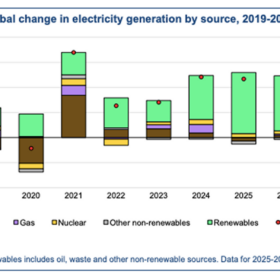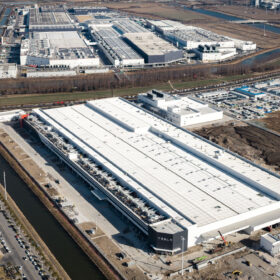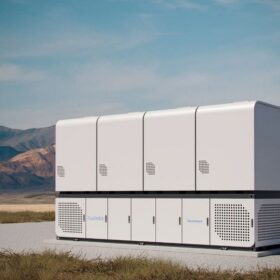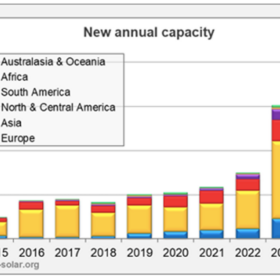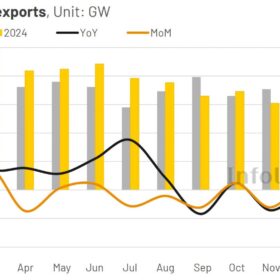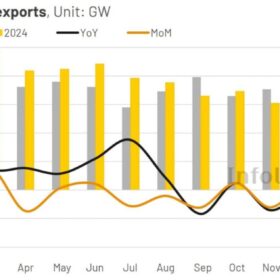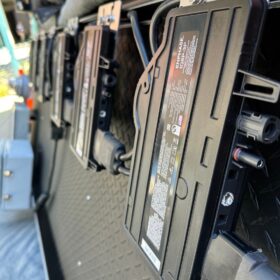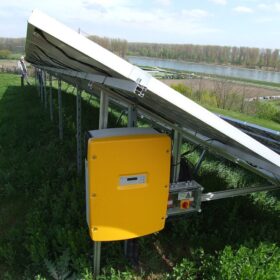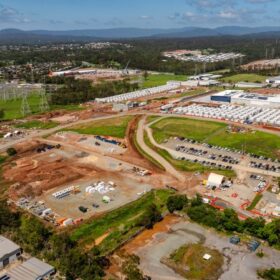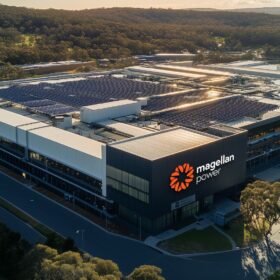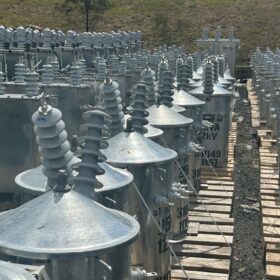Solar generation grew by 30% in 2024, says IEA
The International Energy Agency’s latest market analysis says global solar generation surpassed the 2,000 TWh mark in 2024. It grew by 30% year-on-year for its highest growth rate since 2017, adding 475 TWh in the calendar year.
Tesla eyes Australia as Shanghai Megapack factory begins production
Tesla’s first battery energy storage manufacturing plant outside of the United States has started operating as global competition from Chinese firms and pricing pressures mount.
Back contact solar module manufacturing capacity may reach 1 TW by 2030, says tech expert
Radovan Kopecek, an expert on back-contacted (BC) solar cell and module technologies, spoke with pv magazine about BC manufacturing costs, efficiency and technical challenges. He believes that global BC solar module manufacturing capacity could reach 1 TW by 2030, potentially making BC products the industry’s mainstream technology. Kopecek added that 2028 will be a crucial year for its development, as most of the critical patents associated with this module tech will expire.
Fluence launches highly-modular 7.5 MWh AC-based BESS platform
The system features an innovative split design breaking away from the industry standard 20-foot container. It is configurable for storage durations of two to eight hours.
Global utility-scale solar additions hit 182 GW in 2024
Utility-scale solar installations reached 182 GW (AC) in 2024, with the top 33 countries now accounting for 765 GW, or roughly 93% of the global total, according to Wiki-Solar.
LCOE of grid-scale solar expected to drop 2% globally in 2025
A report from BloombergNEF said fixed-axis solar levelised cost of energy is expected to fall to $0.035 (AUD 0.56) per kWh, while battery energy storage LCOE is expected to decrease 11%.
China exports 235.9 GW of solar panels in 2024
China exported 235.93 GW of PV panels in 2024, a 13% increase over the previous year. Of this, 68.11 GW of modules were shipped to the Aisa-Pacific region, up 26% from 2023.
China exports 235.9 GW of solar panels in 2024
China exported 235.93 GW of PV panels in 2024, a 13% increase over the previous year. Of this, 94.4 GW were shipped to Europe, down 7% from 2023.
Enphase posts 42% revenue decline in 2024
Solar inverter maker Enphase Energy says full-year revenue fell 42% as the residential solar market slumped, but margins improved and United States manufacturing expanded significantly.
Top 5 global inverter trends to watch in 2025
Challenges and innovations drive solar and energy storage inverter industry forward in 2025.
